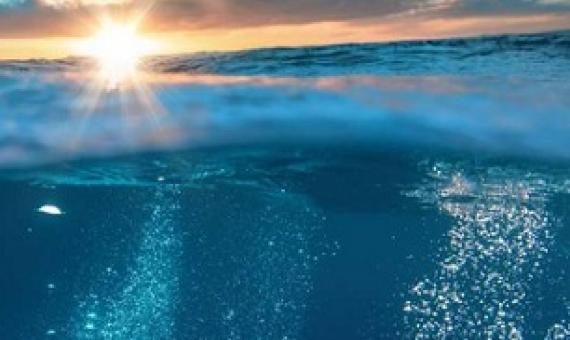A Review of the Status of Sea Turtles in the Pacific Ocean 2021
This status review is a compilation of the most recent literature and statistics on the status of sea turtles in the Pacific Ocean region, providing a clearer understanding of the risks to sea turtles and their habitats. It presents a summary of the relevant (published) literature and knowledge about sea turtle reproductive biology, movements, and connectivity, and presents these alongside relevant threats that, in combination, are pertinent to understanding the status of sea turtle populations in the Pacific Ocean.







